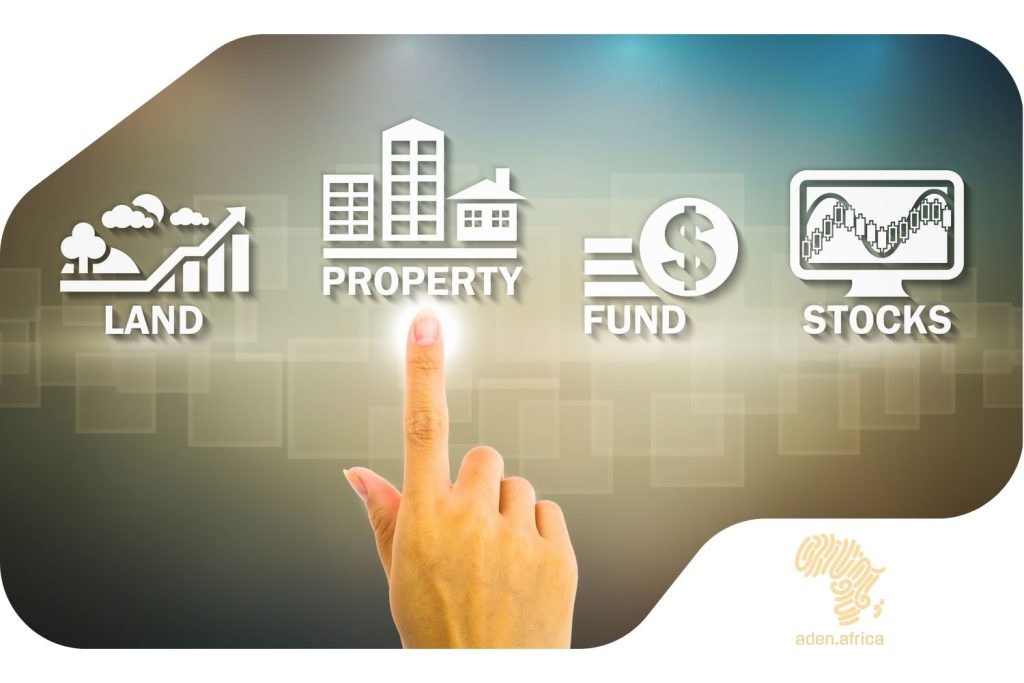
For generations, the pulse of the diaspora has beaten in time with the needs of the continent. We have answered the call, sending money home to support our families, educate our siblings, and care for our elders. This is an act of love, of duty, of profound connection. These remittances are a vital lifeline, a testament to our unwavering commitment. But what if we told you that this was only the beginning of our power? What if we could evolve our support from a lifeline into a legacy?
This is the moment to shift our mindset from pure support to strategic value creation. It’s time to understand the critical difference between remittance and investment, and in doing so, unlock a future where we are not just supporters, but the primary architects of a prosperous and economically sovereign Africa.
The Lifeline of Love: Understanding the Power and Purpose of Remittances
Let us be clear: remittances are a force for good. They are the dollars, pounds, and euros that put food on the table, pay for life-saving medicine, and keep a roof over the heads of our loved ones. They are a direct injection of capital into local economies, a form of aid that is personal, immediate, and deeply impactful. In 2022 alone, remittance flows to Sub-Saharan Africa were estimated at over $53 billion. This is a river of capital, born from hard work and sacrifice, and it sustains millions.
We must honor this tradition. It is born from a place of empathy and responsibility. However, we must also be honest about its limitations. A remittance is, by nature, an act of consumption. It is designed to solve an immediate problem, to plug a gap. It is a recurring act of maintenance, but it does not, on its own, build new engines of growth. It keeps the lights on, but it does not build the power plant.
The Generational Engine: Defining Investment and Its Multiplier Effect
Investment, on the other hand, is the act of building the power plant. It is the strategic deployment of capital into an asset with the expectation of generating a return. While a remittance is a one-way gift, an investment is a two-way street. It is capital put to work—to build a company, to fund a project, to create jobs, to develop infrastructure.
Think of it this way:
- Remittance is giving your cousin money for fish.
- Investment is buying your cousin a boat, a net, and a stall at the market, allowing him to build a fishing business that feeds his family and employs his neighbors for years to come.
This is the multiplier effect. An investment doesn’t just solve a problem once; it creates a self-sustaining solution that generates value, wealth, and opportunity far beyond the initial capital. It’s the difference between sending a check and building an enterprise.
Remittance vs. Investment: A Quick Comparison
| Feature | Remittance | Investment |
| Purpose | Consumption & Support | Value & Wealth Creation |
| Flow | One-way transfer | Two-way exchange (capital for equity) |
| Outcome | Solves immediate needs | Builds long-term assets |
| Impact | Sustains | Scales & Multiplies |
| Mindset | Obligation & Duty | Opportunity & Ownership |
The Mindset Shift: Moving from Obligation to Opportunity
The most common mistake we, the diaspora, make is confusing these two distinct financial actions. We often see our financial contributions to the continent solely through the lens of obligation. It becomes a tax on our success, a duty we must fulfill. While the sentiment is noble, the mindset is limiting.
We must evolve.
We have the power to see Africa not as a place of need, but as a landscape of immense opportunity. The continent is home to the youngest, fastest-growing population on Earth. The African Continental Free Trade Area (AfCFTA) is creating a $4.3 trillion single market. New technologies are leapfrogging old infrastructure. This is not a continent that solely needs our support; it is a continent that deserves our strategic investment.
Are You a Supporter or a Builder?
Ask yourself a powerful question: Do I want to spend the next 30 years sending money to solve the same problems, or do I want to invest in the solutions that will solve those problems permanently?
This is not a criticism of the past, but an invitation to a more powerful future. It requires a conscious shift from thinking like a donor to thinking like an owner. It means channeling our collective financial power away from simple consumption and into productive, scalable, and profitable assets.
A Strategic Framework for Impact: How to Begin Your Investment Journey
Transitioning from remitter to investor may seem daunting, but it is more accessible than ever before. Here is a simple framework to guide your journey:
Step 1: Educate Yourself on the Landscape
Dedicate time to understanding the macro-economic trends shaping the continent. Learn about the key sectors poised for growth—from digital infrastructure and renewable energy to agribusiness and logistics. Move beyond the headlines and seek out data-driven insights from credible sources.
Step 2: Find Your Focus: Aligning Passion with Profit]
What part of Africa’s growth story excites you most? Are you passionate about sustainable farming? Fascinated by fintech? Driven to solve the energy deficit? Your investment journey will be more rewarding if it aligns with your values and interests. Find a sector that you can become an expert in.
Step 3: Pool Your Power: The Strength in Collective Investment
The most significant barrier for individual diaspora investors has always been access to high-quality, vetted, and bankable projects. The risk and complexity can be overwhelming. This is why collective investment is the key. By joining a network of like-minded professionals, you can:
- De-risk your investment: Benefit from professional due diligence and deal structuring.
- Access larger opportunities: Participate in the kind of transformative infrastructure projects that are typically out of reach for individuals.
- Leverage shared expertise: Tap into a community of experts with deep on-the-ground knowledge.
Conclusion: You Are the Architect of the Future
The choice between remittance and investment is not a binary one. The love that fuels remittance will always be vital. But to truly maximize our impact, we must embrace the strategic power of investment.
We are a generation uniquely positioned to transform the continent. We have the capital, the skills, the global perspective, and the deep, unwavering belief in Africa’s potential. It is time to channel that power not just into support, but into ownership. Let’s move beyond sending money home and start building the home we’ve always dreamed of. Your journey from supporter to architect starts now.
Ready to transform your financial impact? Join a community of global leaders who are moving beyond remittances to build a prosperous Africa. Request your invitation to ADEN today.







